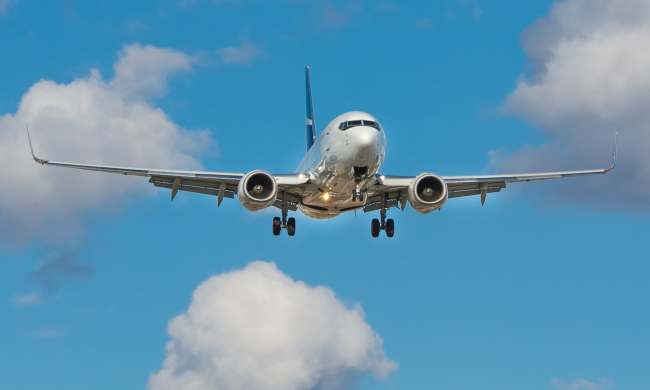
A lobbying group representing some of America’s largest telecom companies want the FCC to remove rules designed to ensure a fair price for access to telecommunication networks for smaller ISPs.
USTelecom, which AT&T, Verizon, CenturyLink, and other communications companies are a part of, is asking the FCC to invoke the rule of forbearance, and to remove what it sees as an archaic ruling that now hurts competition in the modern world. In a blog post entitled “Forbearance: It’s Not 1996 Anymore,” USTelecom CEO Jonathan Spalter argues that if the rules set in place by the 1996 Communication Act, are now outdated, then the FCC must “forbear” that ruling.
“The Federal Communications Commission (FCC) is required by law to stop enforcing rules that once might have been necessary to ensure reasonable practices, or to protect consumers, but no longer serve that purpose. Once the FCC determines a rule isn’t necessary anymore, the Communications Act requires the FCC to forbear.”
The ruling in question states that some ILECs (incumbent local exchange carriers — local telephone carriers) are required to allow access to their infrastructure networks to competitors at prices set by a regulatory body. Spalter argues that the world is now an exceptionally different place from the one that existed in 1996, and that consumers would benefit from this forbearance, with savings of over $1 billion over the next ten years, as well as an increase in investment of $1.8 billion and the creation of over 6,000 jobs.
Sounds good? Those smaller ISPs obviously don’t think so. Since the prices set by regulators are generally quite low, that allows smaller ISPs to exist and hope to eventually outgrow the need for piggybacking on a competitor’s service. Without this ruling in place, some estimate that the major ISPs would be able to push up the prices charged to smaller ISPs by 15 percent — a charge that would probably cascade down to the consumer, and might force some households to switch service providers, possibly putting smaller providers out of business.
It may well be that USTelecom has noticed a trend in recent FCC thinking, and sees that this may be the best time to place this request. Back in December, the FCC voted to roll back net neutrality protections that would have meant access to the internet was treated as a utility, not a service, and stopped companies from impeding or blocking access to certain websites. Despite huge amounts of opposition, that rollback recently went official, and it remains to be seen what impact that repeal and this petition has on future access to the internet.


